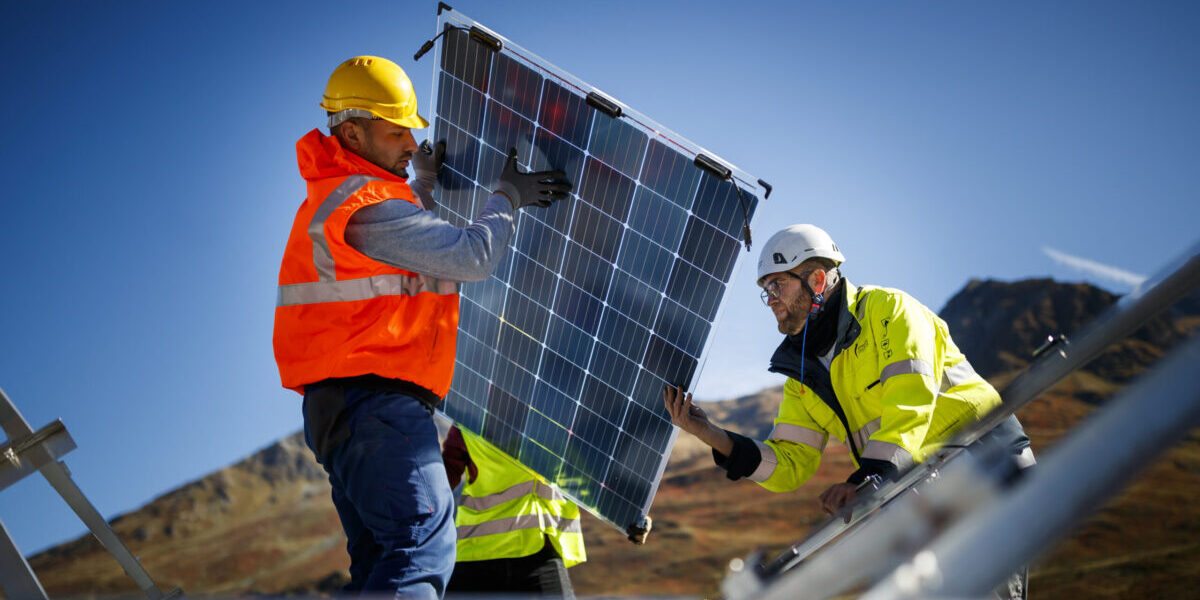From pv magazine Germany
The Swiss government has presented a report to reduce the country's “massive” dependence on the Chinese solar industry. The Federal Council said the report shows “how Switzerland has so far supported efforts to rebuild a European photovoltaic industry, how this could be done even more in the future and what ecological, economic and social impacts this would have.”
The report, which also considers developments from the past three years, comes to a different conclusion. The great dependence of Switzerland and all other countries on the Chinese solar industry is certainly acknowledged, but the report also points out that Switzerland is benefiting from “low prices triggered by a massive oversupply on the European market.”
Subsidies to set up domestic module production “would be expensive in such an environment,” the report said. “No significant reduction in dependence is to be expected, as Swiss photovoltaic module producers would be dependent on raw materials from abroad.”
It said that solar modules, “in contrast to essential goods such as food or medicine,” do not necessarily have to be available at all times. Nevertheless, it is important for medium- and long-term expansion to “protect against any risks of a possible shortage of the technology,” it added.
The report emphasized that Switzerland's contribution to the construction of a European PV industry would lie primarily in the field of research and development, where the country invests “a lot.”
The report also refers to industrial support in the United States, in particular the Inflation Reduction Act, as well as “various efforts in this direction” in the European Union. However, a report on the Swiss economy from May 22 stated “that the negative effects of foreign industrial policy measures on Switzerland as a business location are limited.”
As early as September 2023, the Green Party faction in the National Council had called for a “Green Deal for the Swiss solar industry” in reference to the EU's industrial policy plan. In November, the Swiss Federal Council announced that it had decided “to forego corresponding industrial policy measures” and spoke out in favor of rejecting the Green Party's proposal.
Switzerland's industrial policy is traditionally economically liberal. However, in fall 2023, the parliament voted in favour of supporting the domestic metal industry, which must assert itself against competition that benefits greatly from EU subsidies.
This content is protected by copyright and may not be reused. If you want to cooperate with us and would like to reuse some of our content, please contact: editors@pv-magazine.com.



By submitting this form you agree to pv magazine using your data for the purposes of publishing your comment.
Your personal data will only be disclosed or otherwise transmitted to third parties for the purposes of spam filtering or if this is necessary for technical maintenance of the website. Any other transfer to third parties will not take place unless this is justified on the basis of applicable data protection regulations or if pv magazine is legally obliged to do so.
You may revoke this consent at any time with effect for the future, in which case your personal data will be deleted immediately. Otherwise, your data will be deleted if pv magazine has processed your request or the purpose of data storage is fulfilled.
Further information on data privacy can be found in our Data Protection Policy.